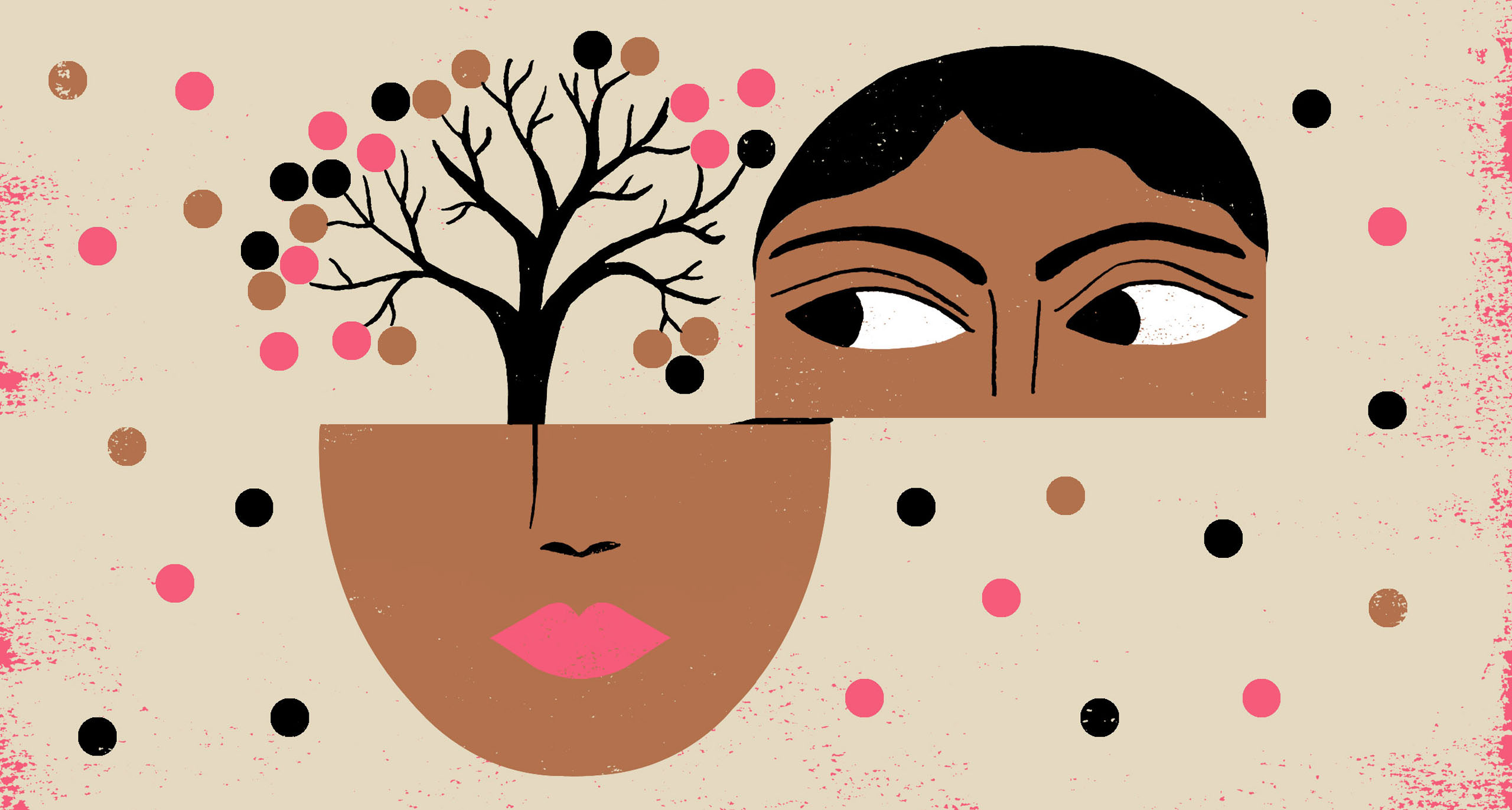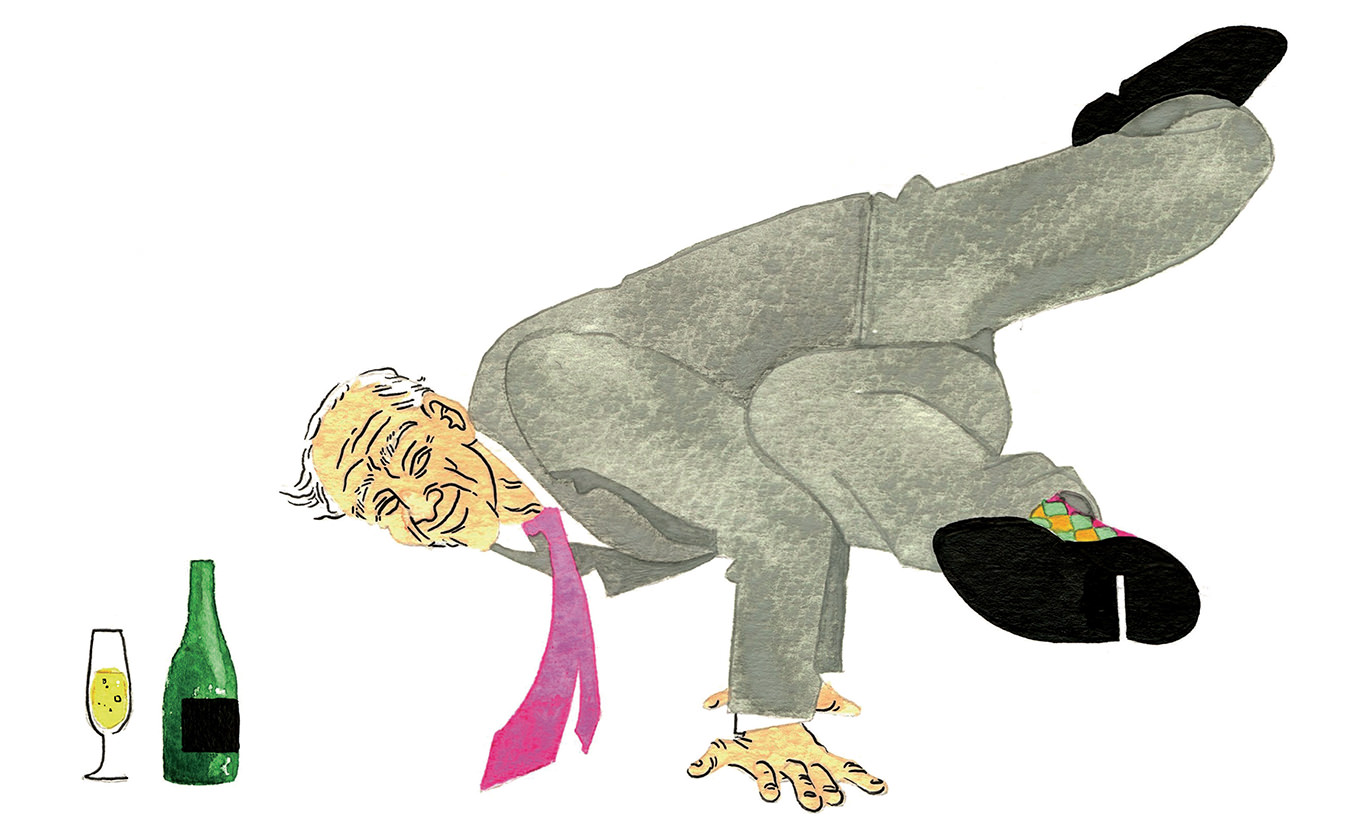How False Memories Shape Personal Identity
What does it mean to remember?

Memories are shifting entities. They muddle into one another over time, getting tangled across years. The older I get, the less of my childhood I recall. My earliest memories are vague and distant, and often I am never quite sure if they are real or just a dream. As more time passes, each memory becomes a recollection of a recollection, distorting with every iteration like a game of telephone. Certain details stay afloat, while others sink to the murky bottom of my consciousness.
Forgotten memories feel like secrets about yourself that your mind hides away from you. It’s strange to think there are experiences you’ll never be able to remember. It’s even stranger to consider that you may have memories that never happened at all. For years, I vividly recalled my brother slamming his hand onto an exposed nail on our garden wall when we were young. I remember the blood, the rust on the nail, the visceral feeling of shock and fear. But, I discovered later, it never actually happened.
False memories can be complete fabrications (like the memory of my brother and the rusty nail), or they can be imagined details your mind makes up to fill the forgotten gaps in real memories. They are mostly a result of suggestion from an outside source, emotion—negative feelings increase the chances of creating a false memory—or just an incorrect perception of an event. Often, we get our memories mixed up and combine two or more separate events into one false recollection. Many of us have had a false memory of some sort—most are harmless and insignificant.
But what happens when we fabricate a significant memory? If we are the sum of our experiences, how do false memories affect our identities? If I experience a traumatic event, it becomes part of my identity and personality. If it turns out that the trauma never actually happened, what happens to the aspects of my personality initially shaped by it?
Our personal identity is informed by our memories. When it comes to the concept of the self, many philosophers point to the existence of the body or the soul as proof of our own existence. John Locke’s memory theory of personal identity, however, associates existence of the self with consciousness—that is, memory—instead. According to Locke, one’s personal identity extends as far as their consciousness. In essence, you exist in the context of your memories. If we apply Locke’s theory to a person’s false memory, their consciousness of the experience would matter more than the reality of that experience itself. Even if an event did not actually occur, the experience of remembering it is itself an experience. My brother did not actually slam his hand into a rusty nail in front of me, but in an instant, I can recall with exactitude the fear of watching it happen before me.
Conversely, Locke controversially states that if one forgets an experience, then it never happened to begin with. If you don’t remember something happening to you—if it is not part of your consciousness—it is not part of your personal identity. It seems an absurd notion, and indeed Locke’s theory is heavily criticized by other prominent thinkers. I don’t remember being born, but I most definitely was. In Locke’s line of thinking, if I’ve suppressed a traumatic event, my personal identity is not defined by that event—it’s not part of who I am, even though it really did happen to me.
The act of remembering is an act of creating. When we remember something, we are recalling past events through the lens of our current selves. The memories we conjure are constantly evolving and shifting alongside our self-perception. Remembering, then, is a constant discovery of oneself.




